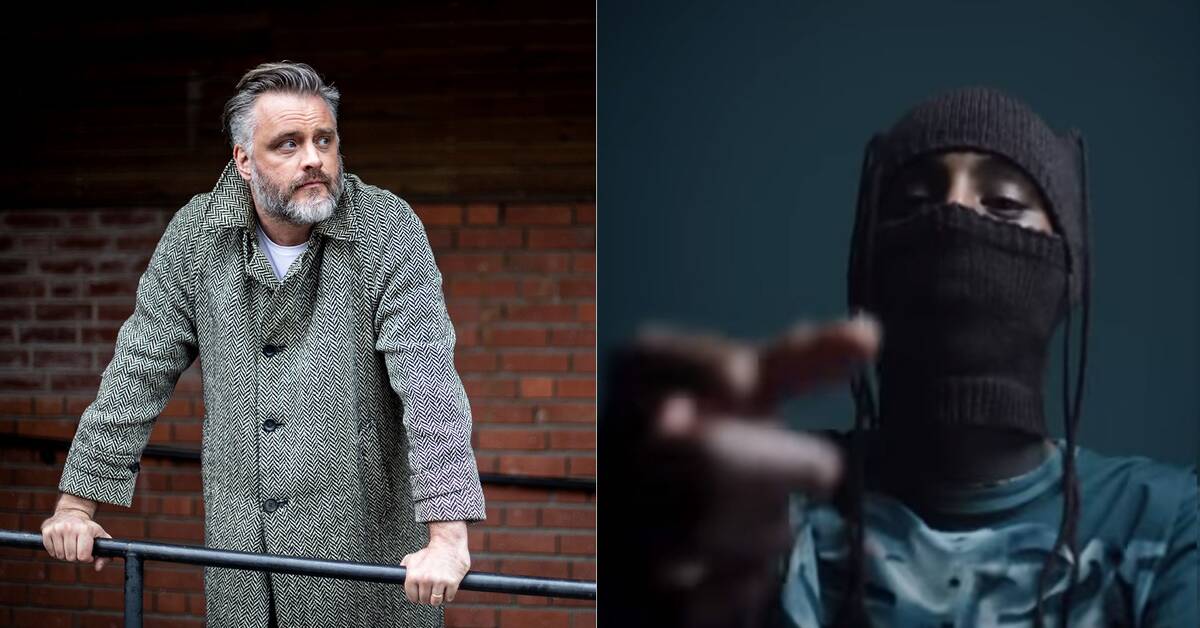"Don't give him any air. Today it's just love." The message from the stage is clear when hundreds of young people gather in Rågsved to bounce along to Dizzy's hit "Zuttlukten" in August 2022. The concert is a response to Rasmus Paludan's planned Quran burning, which takes place a hundred meters away.
The move succeeds - the unrest is absent. At the same time, the municipal employees look bothered when the kids roar along in the music:
"The last thing you see is a negro in a balaclava / Jumping out of a matte black / You get smattered, you get jabbed".
Multifaceted scenes like this are one of the strengths of "Swedish gangster rap", an initiated reportage book about Sweden's most controversial cultural expression.
On the flip side, a central question is formulated: Can you love the music and at the same time distance yourself from the violence that surrounds it? When the author's children in the book ask questions about Yasin, the ready-made answers given by Arvidson for 20 years suddenly feel hollow, inadequate.
It contains the restfulness that has characterized music journalism since Einár's murder: Distinguishing between work and person, which has been the backbone reflex of the cultural world, becomes an indigestible stance when music and gang crime flow together.
In the book, the complexity of the question is embroidered in its entirety – but no clear answer is given.
Instead, Arvidsson points forward in his method: With a hybrid of cultural and crime journalism, he shows how anyone who today wants to cover the genre must be able to quote both song lyrics and pre-trial protocols.
By following the rappers in the music, on social media, during trials and funerals, a wounded cultural story is drawn that takes place in the middle of one of the great social issues of our time.
There are also limitations here. Arvidson's sources are largely anonymous, the big stars haven't lined up, and I really miss the voices of the crime victims: What do the families of murdered rappers Einár and Rozh have to say about the music and violence that took their children away from them?
Despite gaps in the story, "Swedish gangster rap" is a successful snapshot, taken in the middle of a chaotic event. Here we are, right now. In it there is a journalistic value.

